Having filters (groupBy)
Apache Druid supports two query languages: Druid SQL and native queries. This document describes the native language. For information about functions available in SQL, refer to the SQL documentation.
A having clause is a JSON object identifying which rows from a groupBy query should be returned, by specifying conditions on aggregated values.
It is essentially the equivalent of the HAVING clause in SQL.
Apache Druid supports the following types of having clauses.
Query filters
Query filter HavingSpecs allow all Druid query filters to be used in the Having part of the query.
The grammar for a query filter HavingSpec is:
{
"queryType": "groupBy",
"dataSource": "sample_datasource",
...
"having":
{
"type" : "filter",
"filter" : <any Druid query filter>
}
}
For example, to use a selector filter:
{
"queryType": "groupBy",
"dataSource": "sample_datasource",
...
"having":
{
"type" : "filter",
"filter" : {
"type": "selector",
"dimension" : "<dimension>",
"value" : "<dimension_value>"
}
}
}
You can use "filter" HavingSpecs to filter on the timestamp of result rows by applying a filter to the "__time" column.
Numeric filters
The simplest having clause is a numeric filter. Numeric filters can be used as the base filters for more complex boolean expressions of filters.
Here's an example of a having-clause numeric filter:
{
"queryType": "groupBy",
"dataSource": "sample_datasource",
...
"having":
{
"type": "greaterThan",
"aggregation": "<aggregate_metric>",
"value": <numeric_value>
}
}
Equal To
The equalTo filter will match rows with a specific aggregate value.
The grammar for an equalTo filter is as follows:
{
"queryType": "groupBy",
"dataSource": "sample_datasource",
...
"having":
{
"type": "equalTo",
"aggregation": "<aggregate_metric>",
"value": <numeric_value>
}
}
This is the equivalent of HAVING <aggregate> = <value>.
Greater Than
The greaterThan filter will match rows with aggregate values greater than the given value.
The grammar for a greaterThan filter is as follows:
{
"queryType": "groupBy",
"dataSource": "sample_datasource",
...
"having":
{
"type": "greaterThan",
"aggregation": "<aggregate_metric>",
"value": <numeric_value>
}
}
This is the equivalent of HAVING <aggregate> > <value>.
Less Than
The lessThan filter will match rows with aggregate values less than the specified value.
The grammar for a greaterThan filter is as follows:
{
"queryType": "groupBy",
"dataSource": "sample_datasource",
...
"having":
{
"type": "lessThan",
"aggregation": "<aggregate_metric>",
"value": <numeric_value>
}
}
This is the equivalent of HAVING <aggregate> < <value>.
Dimension Selector Filter
dimSelector
The dimSelector filter will match rows with dimension values equal to the specified value.
The grammar for a dimSelector filter is as follows:
{
"queryType": "groupBy",
"dataSource": "sample_datasource",
...
"having":
{
"type": "dimSelector",
"dimension": "<dimension>",
"value": <dimension_value>
}
}
Logical expression filters
AND
The grammar for an AND filter is as follows:
{
"queryType": "groupBy",
"dataSource": "sample_datasource",
...
"having":
{
"type": "and",
"havingSpecs": [
{
"type": "greaterThan",
"aggregation": "<aggregate_metric>",
"value": <numeric_value>
},
{
"type": "lessThan",
"aggregation": "<aggregate_metric>",
"value": <numeric_value>
}
]
}
}
OR
The grammar for an OR filter is as follows:
{
"queryType": "groupBy",
"dataSource": "sample_datasource",
...
"having":
{
"type": "or",
"havingSpecs": [
{
"type": "greaterThan",
"aggregation": "<aggregate_metric>",
"value": <numeric_value>
},
{
"type": "equalTo",
"aggregation": "<aggregate_metric>",
"value": <numeric_value>
}
]
}
}
NOT
The grammar for a NOT filter is as follows:
{
"queryType": "groupBy",
"dataSource": "sample_datasource",
...
"having":
{
"type": "not",
"havingSpec":
{
"type": "equalTo",
"aggregation": "<aggregate_metric>",
"value": <numeric_value>
}
}
}
